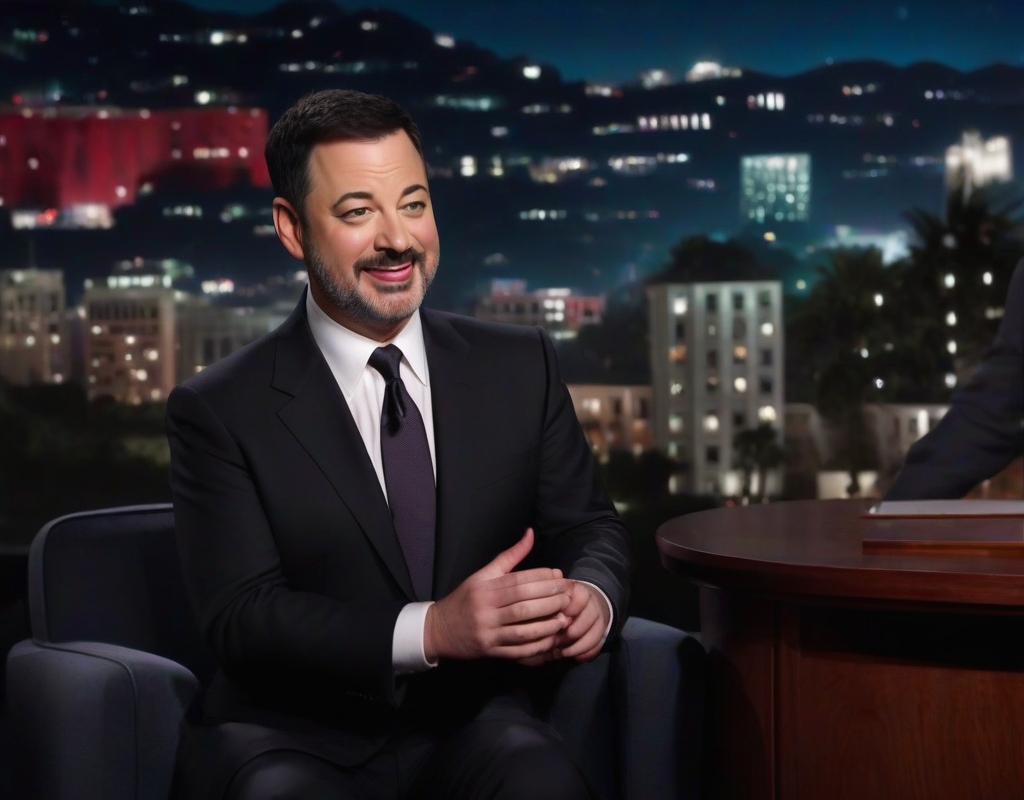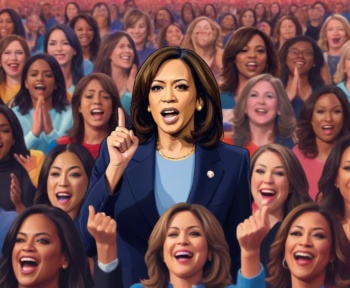Jimmy Kimmel, the celebrated host of “Jimmy Kimmel Live,” has once again caught public attention with his poignant remarks on recent events. During a recent monologue, Kimmel pointed a humorous finger at Donald Trump, suggesting he may have inadvertently released gas while speaking at a campaign rally.
The particular event took place during one of Trump’s speeches in Detroit, Michigan, where attendees heard a distinct noise. Although there is no concrete evidence linking the sound directly to Trump, Kimmel playfully dubbed it a potential fart, which incited both amusement and conversation across various social media platforms.
In his monologue, Kimmel firstly critiqued Trump’s controversial claims concerning schools pressuring children into undergoing sex-change operations. Trump articulated, “They take your child, who was a boy, and return them as a girl, and they do this repeatedly, often without the approval of parents.” Kimmel sharply countered, explaining, “No school has turned a boy into a girl. To think that institutions requiring a permission slip for a simple field trip are orchestrating sex-change surgeries is absurd and untrue!”
Kimmel underlined other pressing national concerns, quipping, “For instance, the Republican presidential contender seems to be releasing gas on stage.” He highlighted this with a trending video clip displaying the suspicious sound immediately after Trump uttered the word “labor.” Kimmel jestingly referred to Trump as “our founding farter” and “Mayor McCut-The-Cheese” while also giving him the nickname “Old Gassolini.”
Previous occurrences have also noted Trump in similar situations. A past video from April suggested Trump emitted gas in a courtroom during his hush money trial, fueling widespread mockery and speculation that this might be a repeated behavior for him.
Kimmel’s focus on Trump’s supposed onstage flatulence further critiques Trump’s campaign tactics. Trump’s decision to campaign intensively in unlikely states such as California and New York, diverting resources from critical battleground states, has been broadly criticized as a tactical error.
Extending his humor, Kimmel compared Trump to King Midas, implying that while Trump may believe everything he touches turns to gold, this unrealistic self-image prevents him from revealing his real persona, which Kimmel describes as “a sad, elderly con artist, emitting gas on stage.”
Response on social media to Kimmel’s commentary was substantial, with many echoing the comedic perspective brought forth in the monologue. This segment not only underscores the tension between Trump and his detractors who use satire to express disapproval but also emphasizes how Trump’s campaign missteps can often overshadow his policy objectives.
As the election nears, the repercussions of such incidents on Trump’s electoral prospects are uncertain. To some, these may appear as trivial distractions; to others, they signify more profound concerns about Trump’s suitability for leadership. Nevertheless, Kimmel’s sharp wit will undoubtedly remain a significant aspect of the political dialogue.
Ultimately, Kimmel’s discussion reminds us that satire remains a critical, impactful method of critiquing and shedding light on political issues as the nation proceeds through a complex electoral season. This ensures that both Trump’s campaign and his public image will continually be subjects of both controversy and humor, significantly influencing public opinion during this period.




